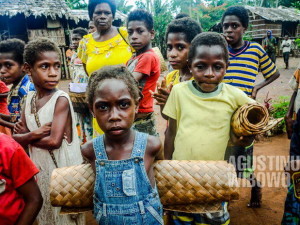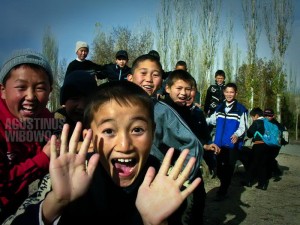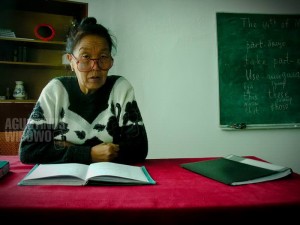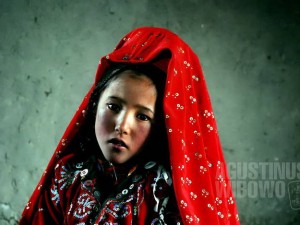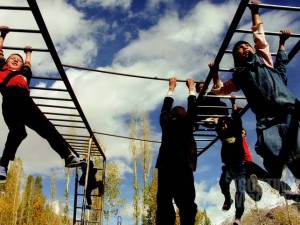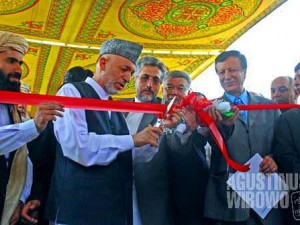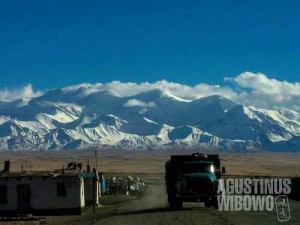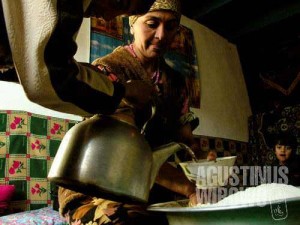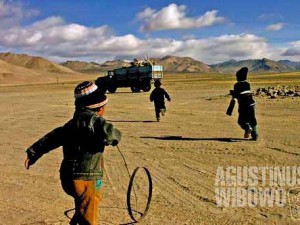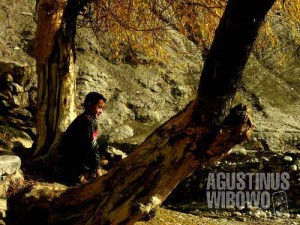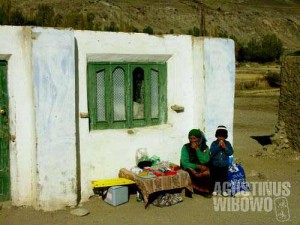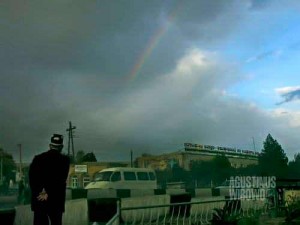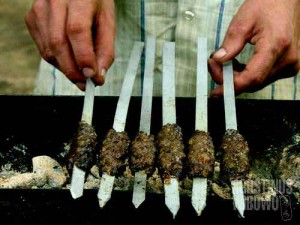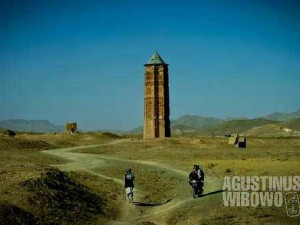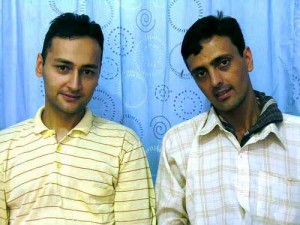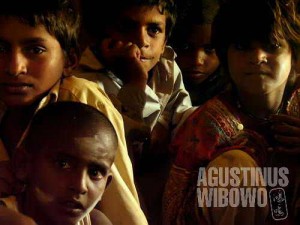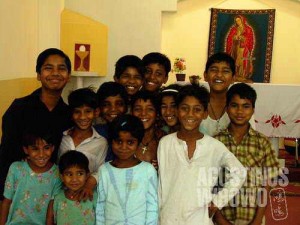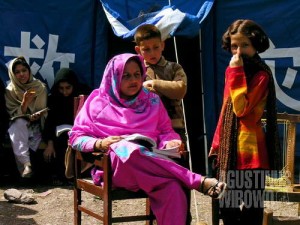Tais 28 August 2014: What is Your Dream?
The school is supposed to start at eight in the morning, and to finish at twelve. But none in this Papua New Guinean coastal village have clocks. Including Madam Singai, the only school teacher in the village. Nevertheless, she knows perfectly when she should start her class. That is when she has finished the cassava cooking and baby feeding in her house, and when she believes the sun is high enough. She then roams around the village, shouting all her students’ names. Dozens of barefooted students then resemble a parade of obedient ducks, follow her to the school hut at the end of the village. Madam Singai also knows when to finish her school. That is when most of her students make so much of noise, crying because of being hungry, or because of her own stomach produces noise calling for lunch. After gathering the students, Madam Singai is ready for the class today. The classroom for the Grade I and II students. Centipedes disrupted the class. Of course once in a while Madam Singai thinks how much better life would be if she could split herself into two. She alone has to take the responsibility of all of the [...]

